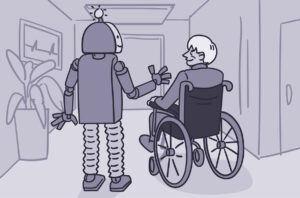Client/Family Education
- Lithium
- Take the medication regularly.
- Do not skimp on dietary sodium.
- Drink six to eight glasses of water each day.
- Notify physician if vomiting or diarrhea occur.
- Have serum lithium level checked every 1 to 2 months, or as advised by physician.
- Notify physician if any of the following symptoms occur:
- Persistent nausea and vomiting
- Severe diarrhea
- Ataxia
- Blurred vision
- Tinnitus
- Excessive output of urine
- Increasing tremors
- Mental confusion
- Anticonvulsants
- Refrain from discontinuing the drug abruptly.
- Report the following symptoms to the physician immediately: skin rash, unusual bleeding, spontaneous bruising, sore throat, fever, malaise, dark urine, and yellow skin or eyes.
- Avoid using alcohol and over-the-counter medications without approval from physician.
- Verapamil
- Do not discontinue the drug abruptly.
- Rise slowly from sitting or lying position to prevent sudden drop in blood pressure.
- Report the following symptoms to physician:
- Irregular heartbeat; chest pain
- Shortness of breath; pronounced dizziness
- Swelling of hands and feet
- Profound mood swings
- Severe and persistent headache
- Antipsychotics
- Do not discontinue drug abruptly.
- Use sunblock when outdoors.
- Rise slowly from a sitting or lying position.
- Avoid alcohol and over-the-counter medications.
- Continue to take the medication, even if feeling well and as though it is not needed; symptoms may return if medication is discontinued.
- Report the following symptoms to physician:
- Sore throat; fever; malaise, unusual bleeding; easy bruising; skin rash, persistent nausea and vomiting
- Severe headache; rapid heart rate, difficulty urinating or excessive urination, muscle twitching, tremors
- Darkly colored urine; pale stools
- Yellow skin or eyes
- Excessive thirst or hunger
- Muscular incoordination or weakness




